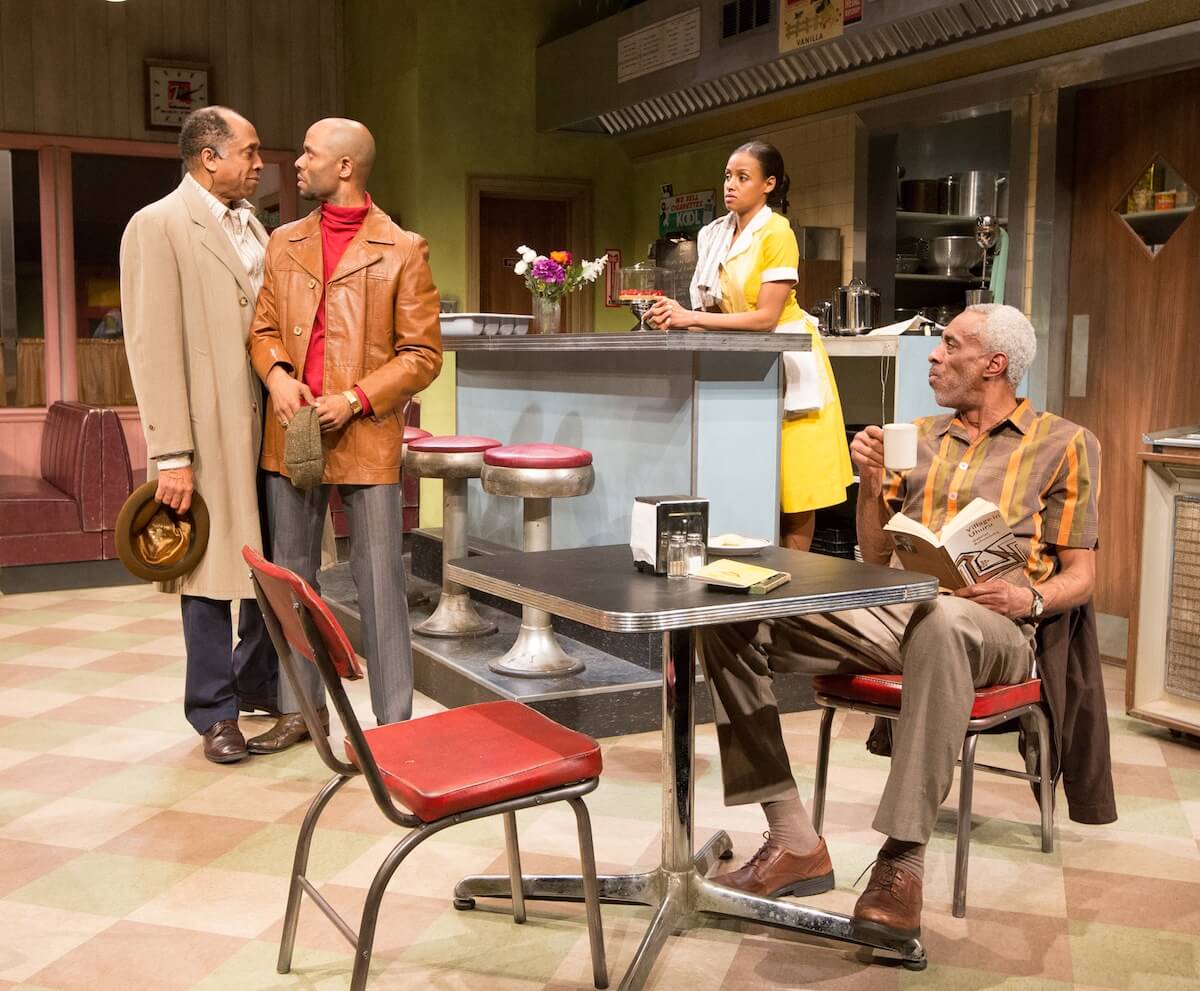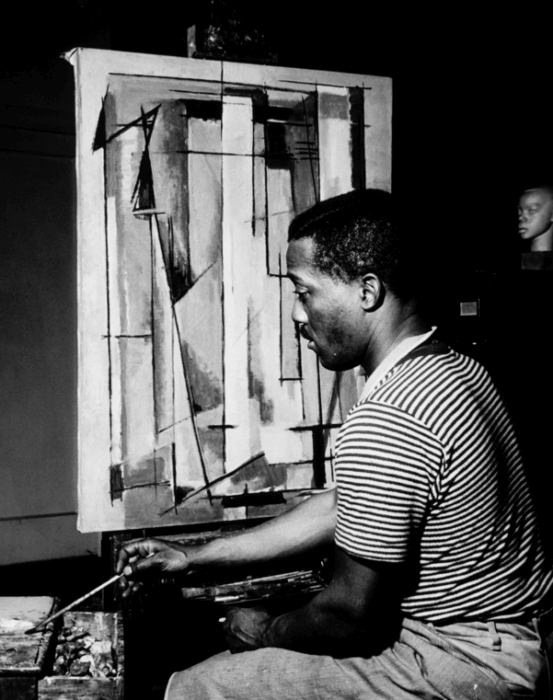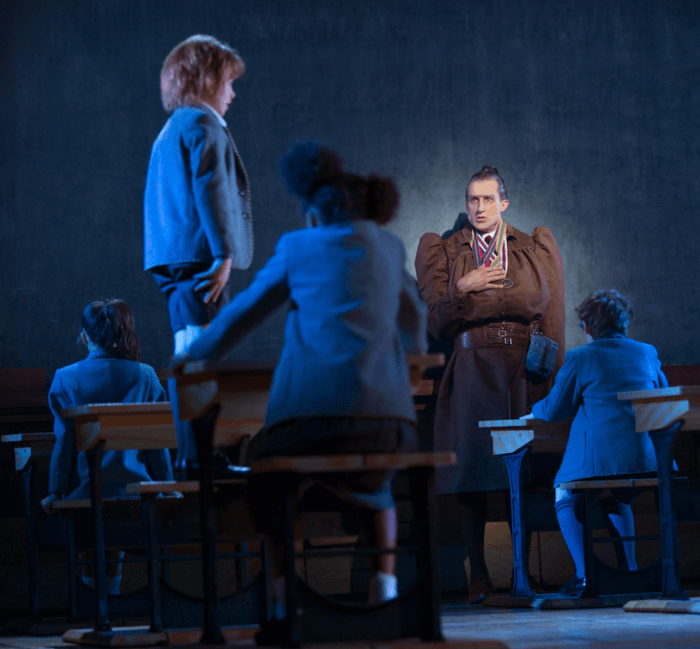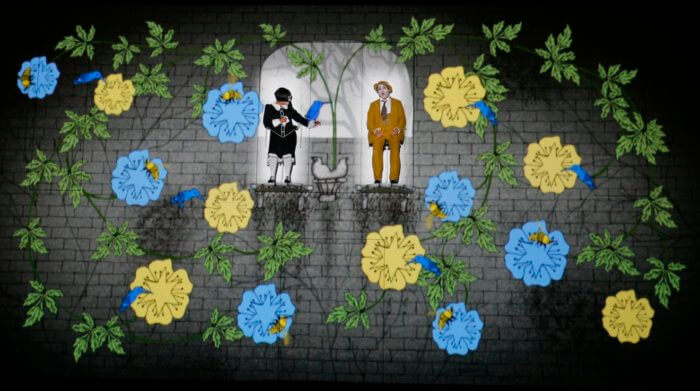The work of August Wilson looms large in black theater, to the extent that bringing his work to the stage can seem like a rite ofpassage for an African-American director. Fifteen years into her career, Raelle Myrick-Hodges is often met with disbelief when she tells people she’s never helmed a Wilson play. “To be completely up front, most of what I know about ‘black theater’ is watching my mother throw fits.” The piece belongs to Wilson’s Century Cycle, a series of ten plays telling stories of African-American life in each decade of the 20th-century. “Two Trains Running” takes place in 1969, as a group of customers gather at a diner that is destined to be demolished. “It’s set during a changing period in America,” Myrick-Hodges says. “It’s about a bunch of people with dreams that mostly get thwarted.”
The director shrugs off any pressure she feels at tackling the work of such an esteemed and influential author. “I was really lucky that I grew up with Bad Brains,” she says, aligning herself with the DIY attitude of the ground-breaking D.C. punk band. “You have to do what you think is right, so that’s what I’m doing. I’m there to serve the playwright and nobody else.” For her, that means losing the drab palette and solemn attitude of so many Wilson productions. Looking over pictures of her parents’ generation in the ‘60s, she saw bold and outrageous colors. “Just because it’s a Wilson play, everyone doesn’t have to wear brown,” she says. “My dad wore pink shirts. We’re playing with that reality in a more joyful, romantic and sexy way.”
“Two Trains Running” marks a homecoming for Myrick-Hodges. Currently based in New Orleans, where she’s curator of performance arts for the Contemporary Arts Center — and prepping for a move to New York City — she came of artistic age in Philly, where she co-founded Azuka Theatre Company. More directly, she got her start in the Arden’s Professional Apprentice program in 1998. “It was probably one of the hardest jobs I ever had, but it was one of the happiest times I ever had, too,” she recalls. “It’s exciting to come home to do a play in a space where I painted the frickin’ beams.”
“I get surprised by them getting surprised,” she says with a laugh.
Myrick-Hodges won’t have to worry about that reaction any longer now that her production of Wilson’s “Two Trains Running” is opening at the Arden.
A ‘joyful’ take on ‘Two Trains Running’

Mark Garvin






























